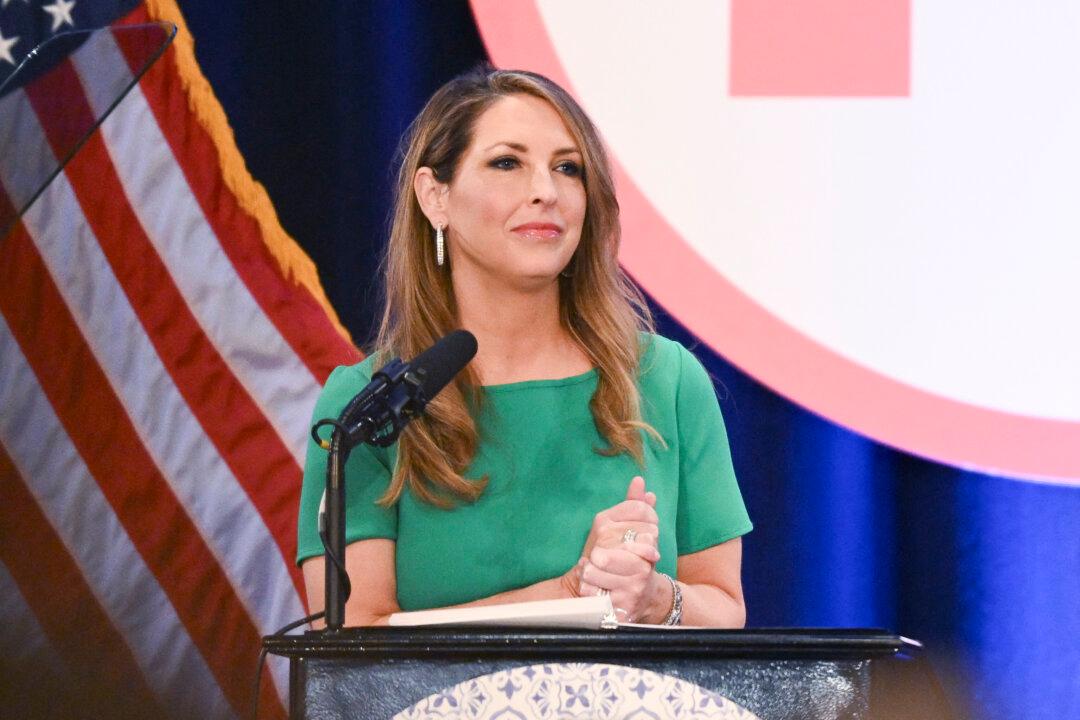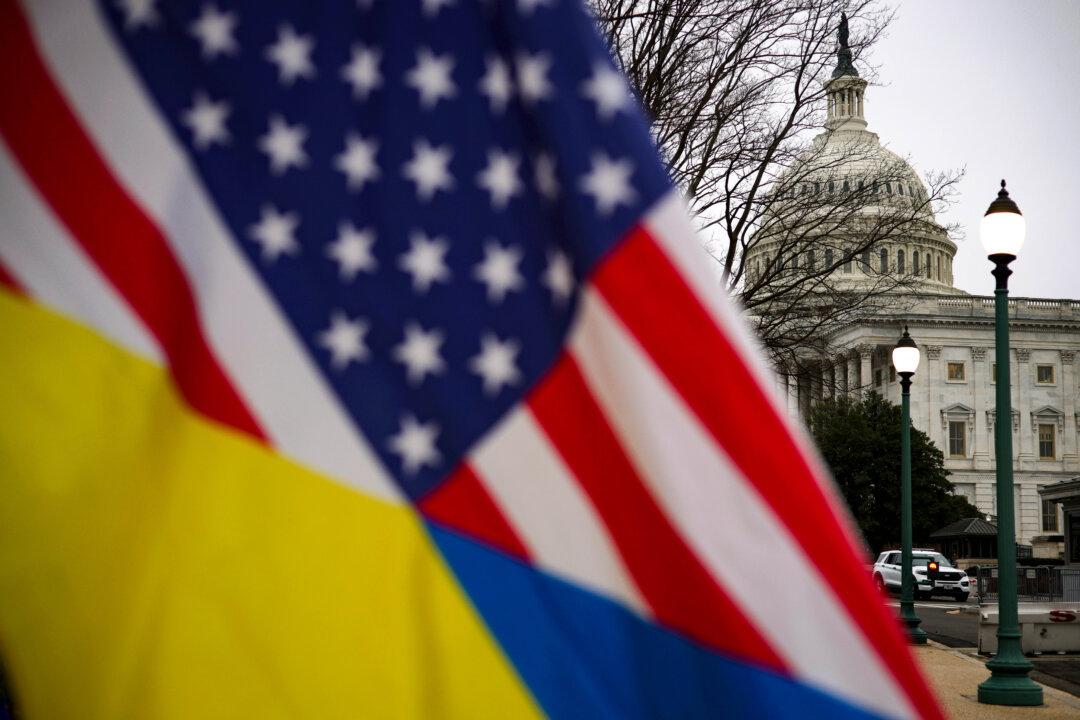President Donald Trump suggested Friday that his administration may use $300 billion to pay a new round of individual stimulus payment.
“We have $300 billion in an account that we didn’t use—$300 billion. And we are willing to use that. I would be willing to release it, subject to Congress, and use that as stimulus money, and it would go right to the American people,” he said during a White House press briefing. “So we have $300 billion sitting in an account that we didn’t need because things are going so well with the economy.”





